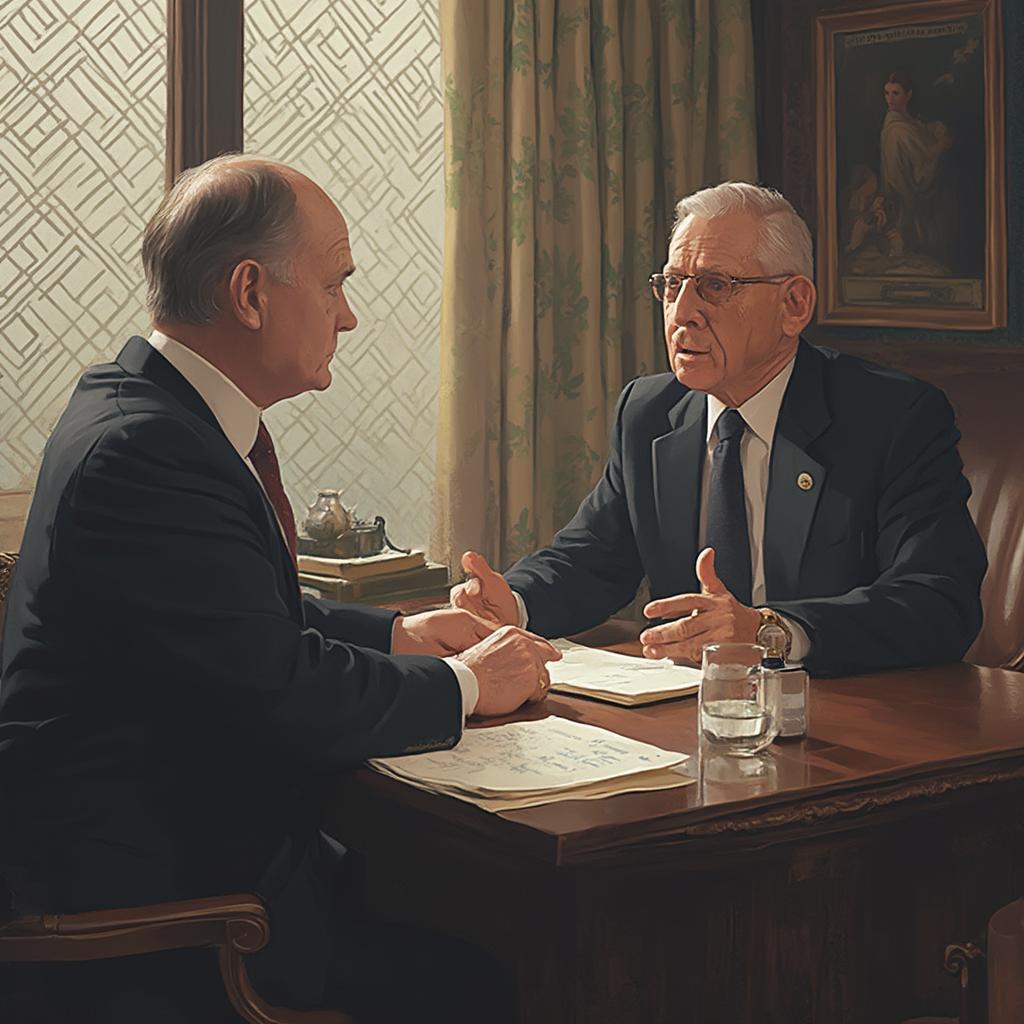
Can a Lawyer Record a Conversation Without Consent?
Recording a conversation, especially as a lawyer, raises complex legal and ethical questions. Understanding when you can and can’t record a conversation without consent is crucial, as doing so improperly can have serious consequences. This article explores the legality of recording conversations without consent, specifically focusing on lawyers and the variations across different jurisdictions.
Understanding One-Party vs. Two-Party Consent Laws
The legality of recording conversations hinges primarily on whether your jurisdiction follows “one-party consent” or “two-party consent” laws. One-party consent allows recording a conversation as long as one participant (including the recorder) consents. Two-party consent, however, requires all parties involved to be aware and agree to the recording.
Knowing which law applies to your location is essential. Many states follow one-party consent, but a significant number, including California, Florida, and Pennsylvania, require two-party consent. Operating under the wrong assumption can lead to legal trouble.
The Ethical Considerations for Lawyers
Even in one-party consent jurisdictions, ethical considerations arise for lawyers. Recording a conversation without informing all parties can damage trust and raise concerns about professional conduct. While it might be legally permissible, it could be viewed as unethical and potentially harm your client’s case. Client confidentiality is paramount, and secret recordings could jeopardize this.
 Ethical Considerations for Lawyers Recording Client Conversations
Ethical Considerations for Lawyers Recording Client Conversations
Specific Scenarios for Lawyers Recording Conversations
Several scenarios warrant careful consideration. For example, recording client consultations for internal purposes, such as note-taking, might be acceptable in one-party consent states. However, recording conversations with opposing counsel or witnesses without their knowledge is generally frowned upon and could even be illegal, regardless of the consent law in your jurisdiction.
Federal Laws and Interstate Implications
Federal wiretapping laws also play a role. These laws can intersect with state laws, creating a complex legal landscape. If a conversation involves interstate communication, federal law may supersede state law, regardless of one-party or two-party consent rules.
What if the conversation involves interstate communication?
Federal law may override state law in situations involving interstate communication, even in one-party consent states. This necessitates careful consideration of the applicable federal regulations.
Can a lawyer record a conversation with a client for internal use?
In one-party consent states, recording client conversations for internal use, such as note-taking, may be permissible. However, transparency and ethical considerations regarding client confidentiality should always be prioritized.
Is it legal to record a conversation with a witness without their knowledge?
Recording conversations with witnesses without their knowledge can be legally and ethically problematic, even in one-party consent states. It’s crucial to consult with an ethics attorney to ensure compliance with all relevant regulations.
“Transparency is paramount. Even when legally permissible, consider the ethical implications of recording a conversation without all parties’ knowledge,” advises Attorney Nguyen Thi Lan, a partner at prestigious Hanoi law firm, Pham & Associates.
Best Practices for Lawyers
Seeking advice from an ethics attorney is crucial. They can help navigate the intricacies of recording conversations within your specific jurisdiction and practice area. Documenting your consent procedures and rationale for recording can also provide valuable protection if a dispute arises.
“Obtaining explicit consent is the best practice. It fosters transparency and avoids potential ethical and legal challenges,” recommends Attorney Tran Van Hung, a senior legal consultant at reputable Ho Chi Minh City based legal advisory firm, Le & Partners.
Conclusion
The legality of a lawyer recording a conversation without consent is a complex issue dependent on various factors, including jurisdiction, specific circumstances, and ethical considerations. Understanding the relevant laws and seeking expert advice is crucial to ensure compliance and maintain ethical conduct. While one-party consent might allow recording in some situations, prioritizing transparency and open communication is always the best practice. Remember, recording a conversation without consent can have serious legal and professional repercussions.
FAQ
- What are the penalties for illegally recording a conversation? Penalties vary depending on the jurisdiction and the nature of the violation, ranging from fines to imprisonment.
- Can recordings made illegally be used in court? Illegally obtained recordings are generally inadmissible as evidence.
- Do all forms of recording require consent? Some states have exceptions for recording in public spaces or when there is a reasonable expectation of privacy.
- How can I determine if my state is a one-party or two-party consent state? Researching your state’s specific laws or consulting with an attorney will clarify the applicable consent rules.
- Are there exceptions to two-party consent laws? Some exceptions may exist, such as recording for law enforcement purposes or in situations involving immediate danger.
- What should I do if I accidentally record a conversation without consent? Immediately ceasing the recording and seeking legal advice is recommended.
- Can I record a phone conversation with someone in a different state? Interstate communication complicates matters, and federal law may apply. Consulting an attorney is essential.




